The doors of Argentina's stadiums remain closed to fans due to the lingering impact of the coronavirus pandemic, with no return yet in sight. But this weekend a select few were able to tune in via free-to-air public television – a throwback to the intensely controversial ‘Fútbol para Todos’ era which appeared to have gone forever.
Last night Argentinos Juniors and Vélez Sarsfield locked horns in the first domestic match screened on the national, state-owned TV Pública for almost four years. Banfield and Colón follow suit this afternoon, after an agreement was struck with Fox Sports and parent company Disney to liberalise their share of the Copa Liga Profesional broadcast rights. These two matches will be followed by further clashes in the weeks and months to come, and represents a loosening of the rigid restrictions on showing games that was in turn an abrupt change from previous policy.
FPT (translated as ‘Football for Everybody’) was the initiative introduced towards the end of Cristina Fernández de Kirchner's first presidential mandate to free the top flight from the snares of premium TV and open up games for the entire population. Depending on with whom one conversed, the measure looked to democratise Argentina's most popular pastime; win votes with a cheap (or not so cheap) populist gambit; transmit hours of propaganda; keep clubs in thrall to the Argentine Football Association (AFA) and government authorities; escalate Fernández de Kirchner's vicious battle with the Clarín media conglomerate; or perhaps a mixture of all the above and more besides.
Whatever else, though, the screening of Boca, River and other huge Primera games for free proved a hugely popular decision. So much so that Cristina's successor Mauricio Macri even pledged to maintain FPT during his campaign, a promise that ultimately went the same way as not devaluing the peso, eliminating income taxes and building 3,000 kindergarten schools. In 2017 multi-national broadcast giants Fox and Turner were invited in to pick over the remains of the eradicated programme, and the result was the disappearance of the new Superliga behind a premium paywall, at a stroke reducing the number of potential viewers from millions to thousands while placating clubs with the promise of (unrealised) financial abundance.
Macri and the Superliga have since gone the way of FPT, and while current President Alberto Fernández has rather bigger fish to fry right now than where one can watch Argentinos games (though the head of state, curiously enough, is a devoted supporter of the first team back on public television), football is nevertheless a consistently pressing issue on the national agenda. Fernández had already left Cristina's first government by the time FPT was introduced and he was a staunch critic in the past of what he saw as a waste of state resources. The start of the pandemic, however, saw him shift his point of view: “If football is played behind closed doors... [I'd like] the Argentine people to have the chance to watch the games on free-to -air television.”
Since those statements, uttered in March days before the game came to a halt, talks have rumbled on between Disney and Turner and representatives from the AFA and government on how to best bring football to our screens. It has not been a straightforward task: in 2020 Disney came close to losing its broadcasting rights altogether before, in the midst of a sea of litigation and dark threats, an accord was reached which will keep the Primera on the giant's channels for another decade – giving up a few games for universal consumption as such seems an acceptable quid pro quo.
The return of FPT is thus very unlikely, in either name or form. The biggest games involving the likes of Boca, River and the rest of Argentina's most powerful clubs will remain behind a television paywall, while Turner is yet to yield even a single game, asking for more time to continue negotiating. The most probable scenario will be up to three or four 'liberated' matches every week, far from those halcyon days when football flooded the airwaves but a fair compromise at a time where seeing players in the flesh from the terraces feels like just a distant memory.








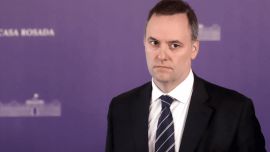








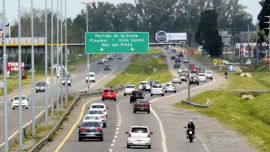
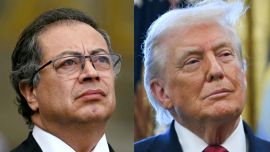
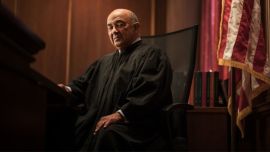
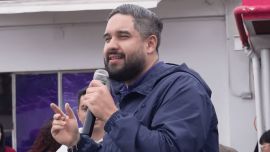

Comments